Amidst the surge in extremist violence in Uganda, the Uganda Muslim Youth Development Forum (UMYDF) and the Kofi Annan Foundation with support from the EU (European Union) joined forces to design and implement the Bridges to Peace Project.
Bridges to Peace is a multi-faceted Preventing / Countering Violent Extremism action working with victims of terrorism, civil society actors, media professionals, influencers, community members, and at-risk communities to strengthen local capacities for peace, and address the root causes of violent extremism.
Different approaches are being employed in implementation. These include training workshops, community stories exhibitions, participatory radio drama programmes, knowledge exchange activities, community dialogues, and inter-faith exhibitions.
THE CHALLENGE
Uganda registered the largest deterioration in the Global Terrorism Index score in 2021 which was directly attributed to the back-to-back terrorist attacks that claimed 7 lives and injured 37 people between August and November 2021. Via its media agency Amaq, Islamic State said the attackers were all Ugandan foot soldiers of its so-called caliphate.
Most recently, the country was once again engulfed in shock and grief when suspected ADF (Allied Democratic Forces) terrorists attacked Lhubiriha Secondary School in Mpondwe, Kasese on 16th June 2023. A total of 38 students were killed, 17 of whom were burnt beyond recognition. This is in addition to numerous terror attempts by the group that have been foiled.
Many factors fuel ADF’s activities including the lack of meaningful socio-economic opportunities among at-risk communities contributing to both voluntary and involuntary recruitment into armed groups; minority groups’ perceptions of social, economic, and political marginalization; human rights abuses perpetrated in the context of the government’s counter-terrorism response; and flawed rehabilitation and reintegration process for ADF returnees.
Despite government and civil society efforts to address these challenges, the threat continues hence calling for a change of tactics and an intensification of CVE action if Uganda is to decisively address the recent intensification of terrorist attacks.
IMPACT SINCE JANUARY 2023
- 20 Influencers drawn from religious, cultural, entertainment, education, media, and civil society circles equipped as Community CVE Ambassadors.
- 20 local and national media actors equipped in CVE and the role of media in addressing conditions conducive to violent extremism and terrorism.
- Approximately 1,564,900 people reached through airing the 5 episodes of the Participatory Radio Drama “Mifumbi” across local radio stations 89.2 CBS FM and 89.4 NBS FM.
- The Mifumbi Participatory Radio Drama is now available in English, Lusoga, and Luganda on SoundCloud. It can be accessed via https://soundcloud.com/umydf-957314890.
- 28 Civil society actors (CSOs) equipped with knowledge and skills to design and implement effective P/CVE interventions.
- 4 local CSOs won sub-grants to pilot P/CVE actions. These include the Centre for Inter-Religious and Intercultural Dialogue (CIID), whose project is focusing on Building Safe and Inclusive Classrooms; Kisoboka Africa and Beyond Uganda Ministries, whose actions are focusing on addressing economic drivers of violent extremist recruitment; and Masaka City NGO (Non-governmental organization) Forum whose project aims to build vigilant family institutions that play a front-line role in Preventing and Countering Violent Extremism.
- 837 Community Members were reached through 8 Video Story Screening events that employed local stories of victims of terrorism and returnees to raise public awareness of the risks of joining violent extremist groups. The stories can now be viewed online vie https://stories-of-returnees.umydf.org/ and https://victims-stories.umydf.org/.
- 2,700 Community Members participated in 4 Youth inter-faith exhibitions whose aim was to enhance inter-faith understanding and demystify religious stereotypes that fuel violent extremism.
- 132 members of at-risk communities equipped in P/CVE strategies to enhance personal and community resilience to violent extremist narratives.


